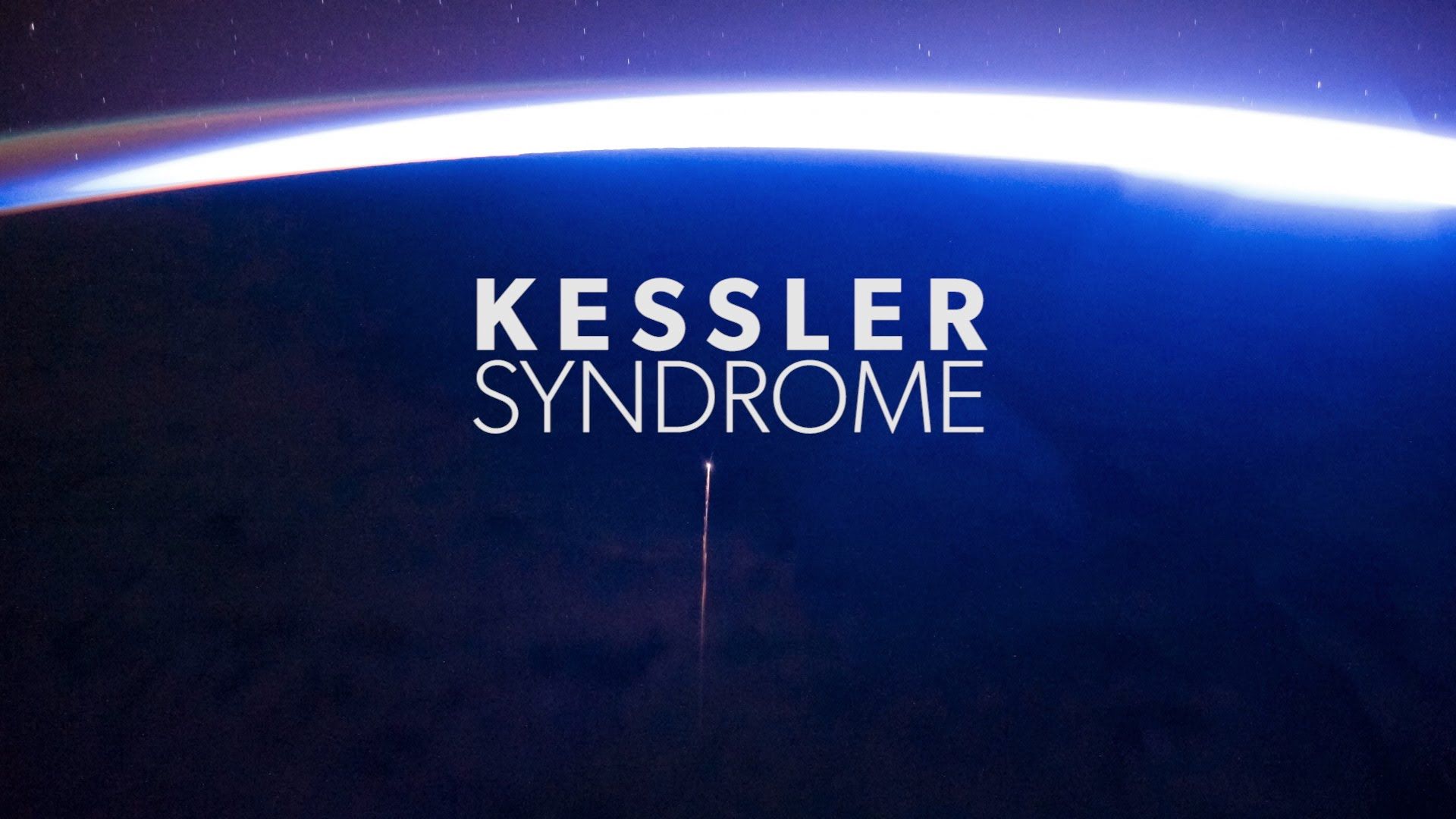
Speedy, affordable water tests that can be used in on location and even run continuously will help scientists identify disease-causing bacteria in under an hour and potentially reduce the spread of common illnesses such as diarrhoea, which kills an estimated 842,000 people every year.
Hundreds of millions of samples are tested each year to detect harmful bacteria in drinking and environmental water, food and beverages, but tests can take days or, in some cases, even weeks to provide definitive results. By then, many people may have fallen ill from diseases caused by bacteria such as E. coli or legionella.
Shrinking the laboratory to the size of a home printer – and bringing down test times to an hour or less – could help to stop outbreaks in their tracks and keep people safe.
Read more


















